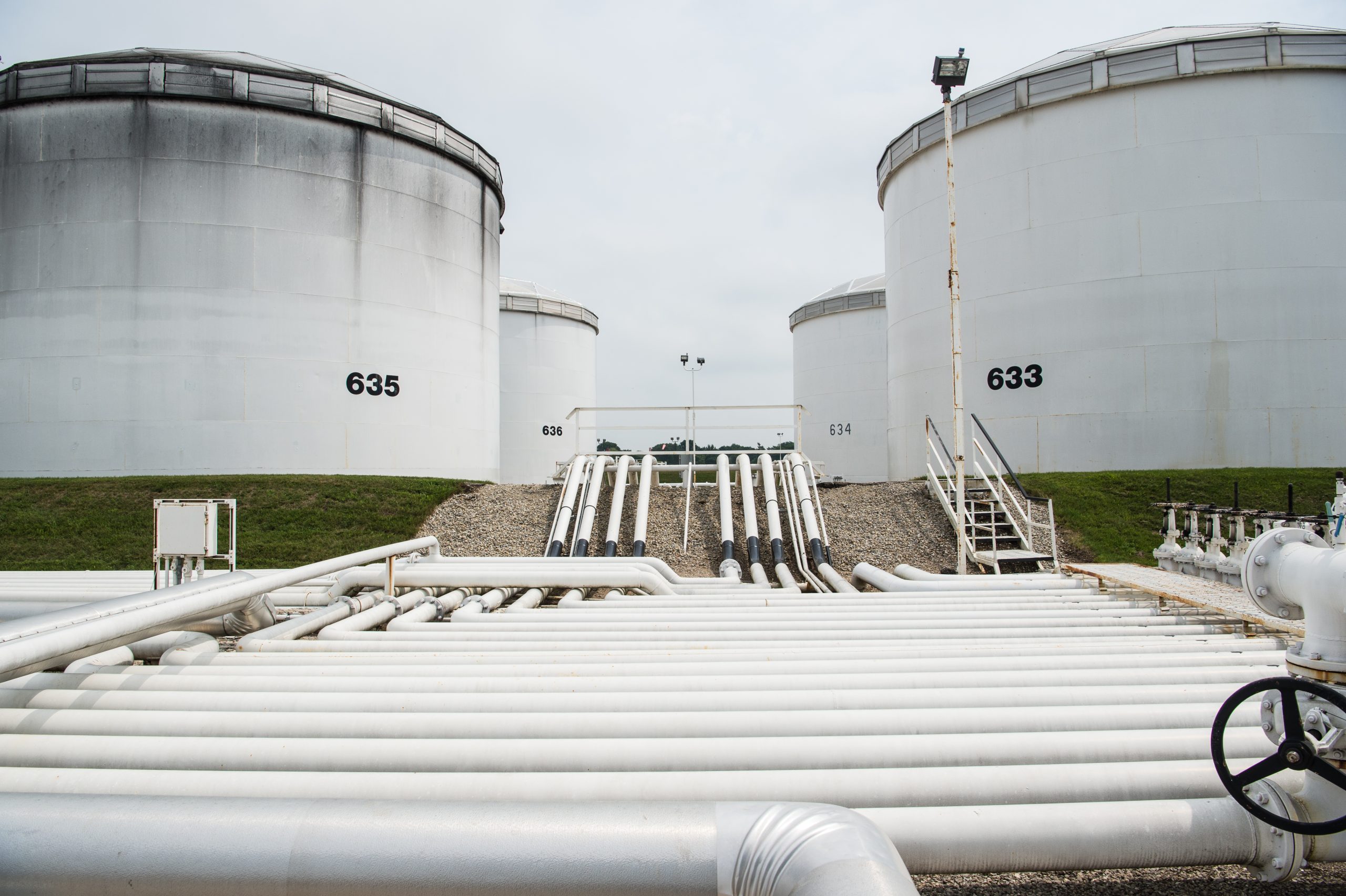The Environmental Protection Agency (EPA) this morning finalized extremely disappointing Renewable Fuel Standard volumes for 2023, 2024 and 2025. The biomass-based diesel and advanced biofuel volumes are set at roughly one-third what Clean Fuels and industry partners recommended to the agency. For 2023, in particular, the agency did not increase the volumes it proposed despite rapid growth in production during the first five months of the year.
EPA did not fully consider the evidence of the increased availability of feedstocks and investments in new crush capacity that Clean Fuels and partnering organizations provided. In a change from prior years when EPA set RFS rules mid-year, the agency also failed to consider biomass-based diesel volumes and RINs already available.
Final RFS Volumes vs. Proposed Volumes (Billion RINs)
| 2023 | 2024 | 2025 | |||||||
| Industry Request | Proposed | Final | Industry Request | Proposed | Final | Industry Request | Proposed | Final | |
| Cellulosic Biofuel | 0.72 | 0.84 | 1.42 | 1.09 | 2.13 | 1.38 | |||
| Biomass-Based Diesel | 3.26 | 2.82 | 2.82 | 3.76 | 2.89 | 3.04 | 4.26 | 2.95 | 3.35 |
| Advanced Biofuel | 6.63 | 5.82 | 5.94 | 7.63 | 6.62 | 6.54 | 8.63 | 7.43 | 7.33 |
| Non-Cellulosic Advanced | 5.10 | 5.10 | 5.20 | 5.45 | 5.30 | 5.95 | |||
| Conventional | 15.00 | 15.00 | 15.25 | 15.0 | 15.25 | 15.0 | |||
| Total Renewable Fuel | 20.82 | 20.94 | 21.87 | 21.54 | 22.68 | 22.33 | |||
| Supplemental Standard | 0.25 | 0.25 | 0.25 |
EPA’s Public Data for the Renewable Fuel Standard shows that qualifying biomass-based diesel production increased by more than 30% – or 400 million gallons – in the first five months of 2023, compared to the same period in 2022. The Energy Information Administration’s Short Term Energy Outlook for June 2023 projects increases in U.S. production of biodiesel and renewable diesel of more than 800 million gallons in 2023 and 900 million gallons in 2024. In the final rule released today, EPA increases RFS volumes for these fuels by only 590 million gallons over the three-year period: 60 million gallons in 2023, 220 million gallons in 2024, and 310 million gallons in 2025.
Clean Fuels and industry representatives continue to evaluate other aspects of the rule that are priorities to members. It appears EPA will provide some additional options for complying with separated food waste record-keeping requirements. It also appears EPA is not finalizing the proposed limits on RIN separation or the change to the definition of “produced from renewable biomass,” which could have classified renewable diesel as co-processed.
Originally shared by Clean Fuels Alliance America, June 21, 2023.

